Pak steeped in fanaticism, terrorism: India in UNSC meeting
In his statement in the UNSC chamber, Harish spoke about the Pahalgam terror attack for which The Resistance Front, a front for Pakistan-based terror organisation Lashkar-e-Taiba, had claimed responsibility.
PTI
-
UN Ambassador Parvathaneni Harish (PTI)
United Nations, 23 July
India told a UN Security Council meeting presided over by Pakistan that
there should be a “serious cost” to nations who foment cross-border terrorism,
as it described the neighbouring country as a “serial borrower” steeped in
“fanaticism”.
“As we debate promoting international peace and security, it is
essential to recognise that there are some fundamental principles which need to
be universally respected. One of them is zero tolerance for terrorism,” India’s
Permanent Representative to the UN Ambassador Parvathaneni Harish said.
Harish delivered the national statement on Tuesday at the UN Security
Council high-level open debate on ‘Promoting International Peace and Security
through Multilateralism and Peaceful Settlement of Disputes’ held under
Pakistan’s presidency of the 15-nation Council for July.
Pakistan Deputy Prime Minister and Foreign Minister Ishaq Dar presided
over the open debate that was also addressed by UN Secretary General Antonio
Guterres.
In his remarks to the debate in his national capacity, Dar raked the
issue of Jammu and Kashmir as well as the Indus Waters Treaty.
In the wake of the Pahalgam attack, India decided that the Indus Waters
Treaty of 1960 would be held in abeyance until Pakistan credibly and
irrevocably abjures its support for cross-border terrorism. Turkiye also made a
reference to Jammu and Kashmir in its statement at the open debate.
Giving a strong response to Dar’s remarks, Harish said that the Indian
sub-continent offers a “stark contrast" in terms of progress, prosperity
and development models.
“On the one hand, there is India, which is a mature democracy, a surging
economy and a pluralistic and inclusive society. At the other extreme is
Pakistan, steeped in fanaticism and terrorism, and a serial borrower from the
IMF (International Monetary Fund).
In May this year, the IMF had approved disbursement of about one billion
dollars to Pakistan under Extended Fund Facility (EFF), bringing total
disbursements under the arrangement to about USD 2.1 billion.
In his statement in the UNSC chamber, Harish spoke about the Pahalgam terror attack for which The Resistance Front, a front for Pakistan-based terror organisation Lashkar-e-Taiba, had claimed responsibility.
Harish emphasised that there should be a “serious cost” to states who
“violate the spirit of good neighbourliness and international relations by
fomenting cross-border terrorism.”
"It ill behoves a member of the Council to offer homilies while
indulging in practices that are unacceptable to the international community,”
the Indian envoy said.
He said that consequent to the gruesome terrorist attack in Pahalgam,
Jammu and Kashmir on 22 April that led to the killing of 26 innocent tourists,
and based on the 25 April UNSC statement, India launched Operation Sindoortargeting terrorist camps in Pakistan and Pakistan-occupied Jammu and Kashmir.
In the UNSC statement, Council members had underlined the need to hold
perpetrators, organisers, financiers and sponsors of this reprehensible act of
terrorism accountable and bring them to justice.
Harish said India’s response was focused, measured, and non-escalatory
in nature. “On achieving its primary objectives, a cessation of military
activities was directly concluded at the request of Pakistan,” he said.
Earlier, Acting US Representative Ambassador Dorothy Shea said at the
meeting that in the past three months alone, US leadership delivered
"de-escalations" between Israel and Iran, between the Democratic
Republic of Congo and Rwanda, and between India and Pakistan.
“The United States, under President Trump’s leadership, played an
important role in encouraging the parties to reach these resolutions, which we
applaud and support,” Shea said.
Harish stressed that in recent decades, the nature of conflicts has
transformed, with a "proliferation of non-state actors, often proposed and
propped up as proxies by state actors; and cross-border funding, arms
trafficking, training of terrorists, and spread of radical ideologies,
facilitated by modern digital and communication technologies.”
He said that on the question of peaceful settlement of disputes, Chapter
VI of the UN Charter begins with a recognition that it is the ‘parties to a
dispute’ who must first of all seek a solution by peaceful means of their own
choice.
“National ownership and consent of parties are central to any efforts to
achieve peaceful resolution of conflicts,” he said.
Harish underlined that there cannot be one standard approach to dispute
resolution. “The changing circumstances and context also need to be taken into
account while considering any such efforts.”
Leave a Reply
Your email address will not be published. Required fields are marked *








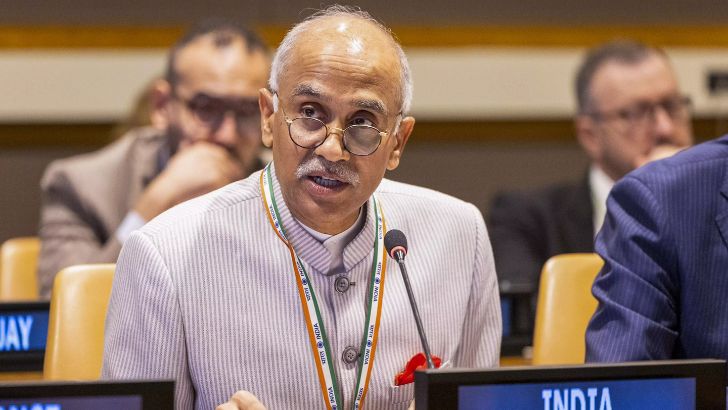

.png)
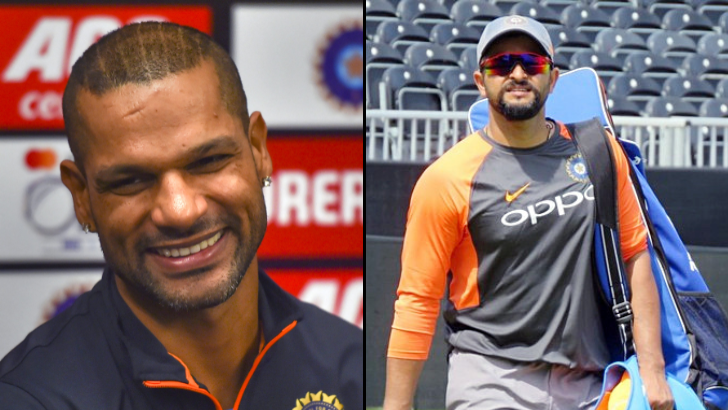

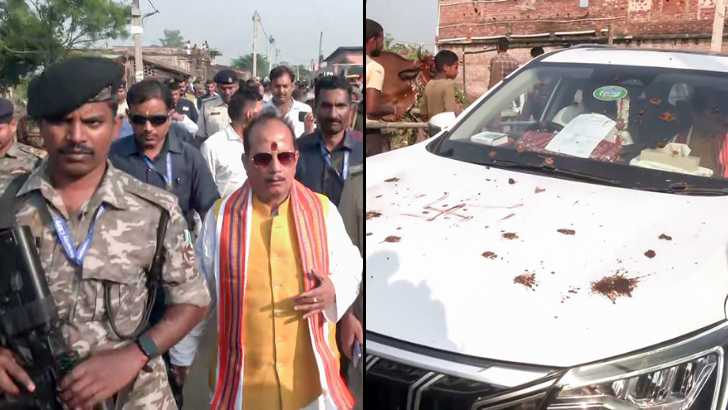
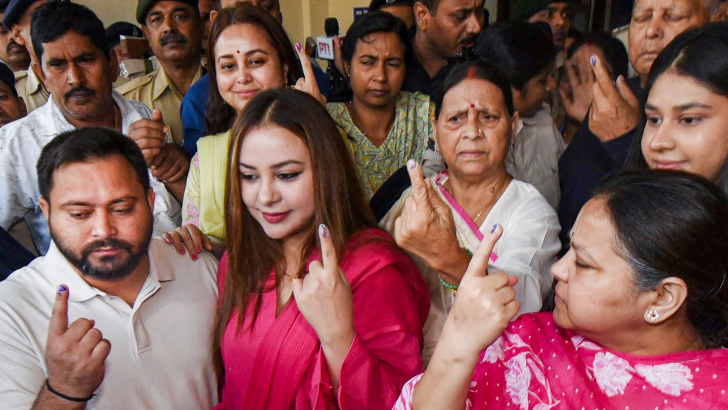

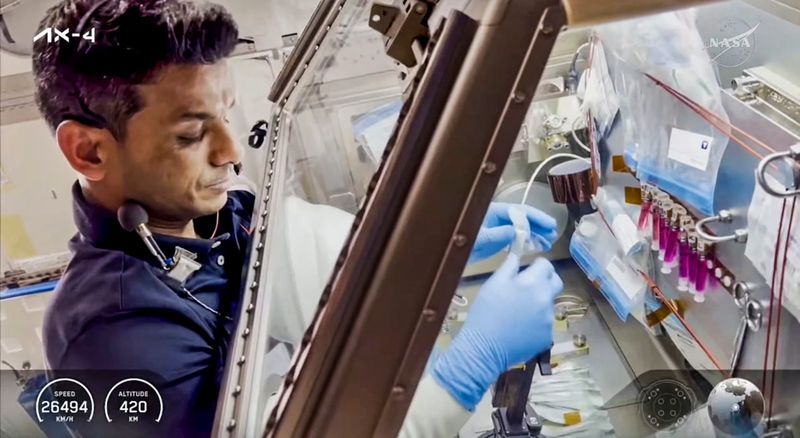
.png)
.png)
.png)
